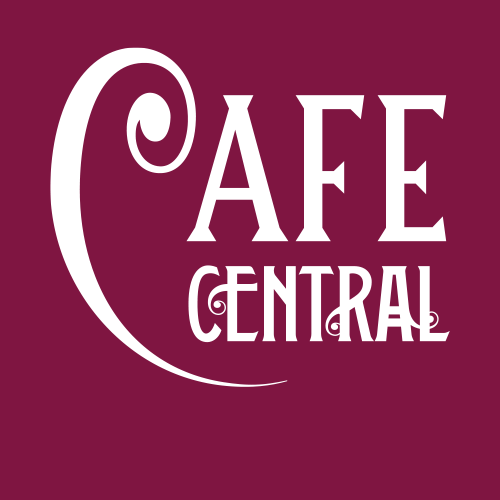There are coffeehouses
and there’s Café Central
A revolutionary (Trotsky), a psychoanalyst (Freud), several writers and poets (including Polgar, Zweig and Altenberg) and an architect (Loos) walked into a café. What sounds like the start of a joke was an everyday occurrence at Café Central (est. 1876). Over coffee, cake and the odd cigar, some of the greatest poets, philosophers and – it has to be said – storytellers the world has ever seen, got together in Vienna’s most attractive coffeehouse.
The menu includes a broad selection of classic Viennese dishes, traditional coffee specialities and sweet treats from the in-house patisserie. Soak up the historic surroundings as you sample Café Central’s mouth-watering choice of culinary creations. With its unique Mediterranean flair, the Arkadenhof is the perfect setting for formal and informal functions – not to mention press conferences or private meetings away from prying eyes. Just like Altenberg enjoyed it. Who incidentally walked out without paying. And if you can’t be there, you’ll find a small selection of the finest Viennese indulgence culture and gift ideas for every occasion in the Café Central Onlineshop.
Café Central is operated by Palais Events and located inside Palais Ferstel, a palatial mansion house inspired by Venetian Trecento-era architecture. Suitable for various kinds of events, its rooms are bound to leave an unforgettable impression on your guests.









 Did you know?
Did you know?
















































































































































